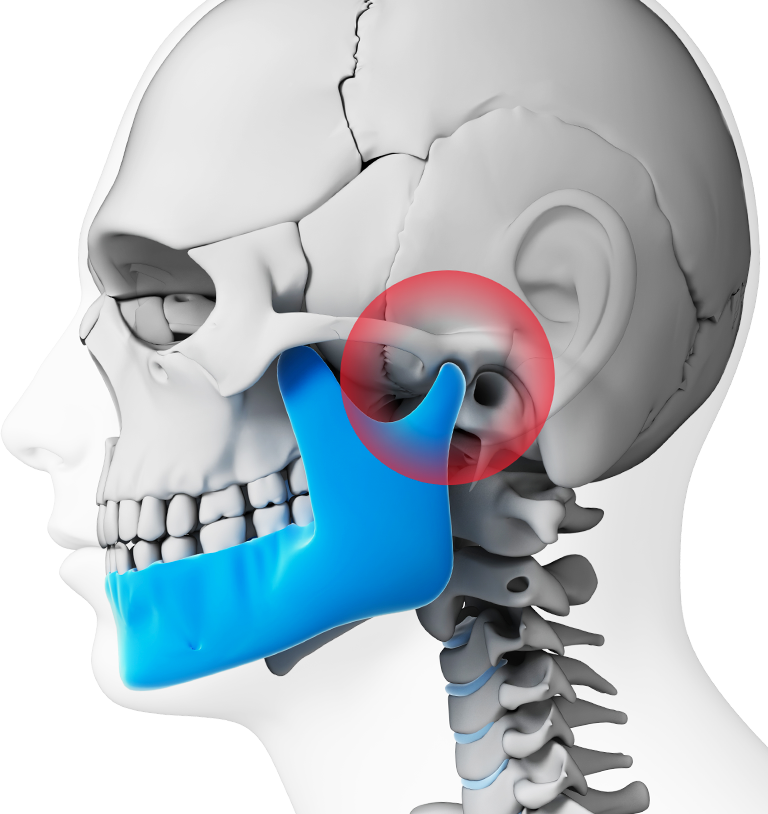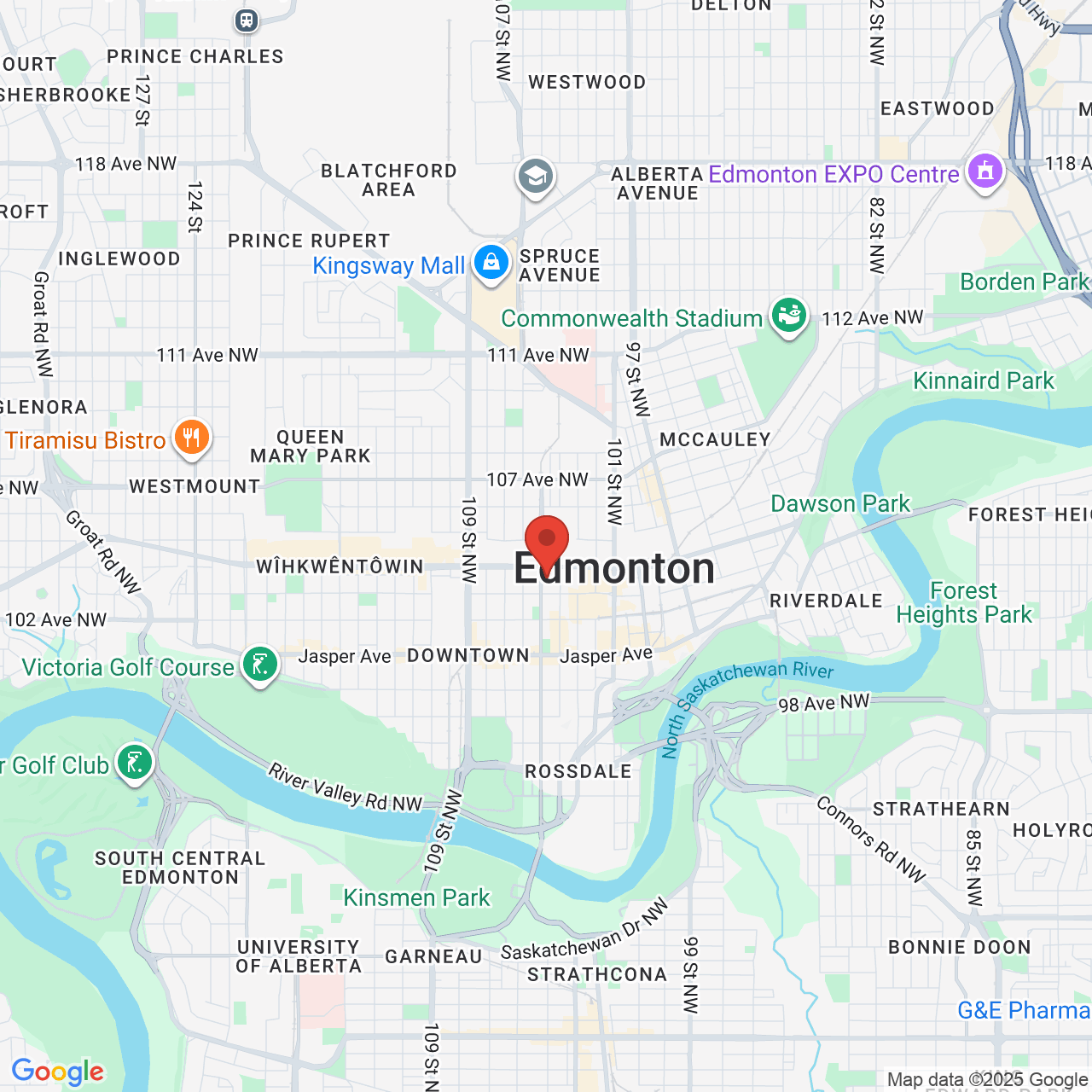TMJ Disorder Caused by Crooked Teeth
 When the jaw joints ache, TMJ disorder could be the issue. The temporomandibular joint serves as a sliding hinge to connect the jawbone to the skull. Every individual has two of these joints, one located in front of each ear. For some patients, TMJ disorder is caused by crooked teeth. At our Edmonton, AB, dental practice, Dentists Nathaniel Podilsky and Leah Stempfle offer various treatments to minimize pain and restore function.
When the jaw joints ache, TMJ disorder could be the issue. The temporomandibular joint serves as a sliding hinge to connect the jawbone to the skull. Every individual has two of these joints, one located in front of each ear. For some patients, TMJ disorder is caused by crooked teeth. At our Edmonton, AB, dental practice, Dentists Nathaniel Podilsky and Leah Stempfle offer various treatments to minimize pain and restore function.
During a consultation, we can determine if crooked teeth are causing the issue. Patients who have TMJ disorder might have issues chewing and biting. We work closely with our patients to personalize treatment plans to restore their oral health.
What Is TMJ Disorder?
TMJ disorder affects the jaw joint and the muscles in control of the jaw movement. There are several reasons why a patient develops the condition. It can be caused by a traumatic injury to the jaw. Arthritis is another factor since it can cause inflammation and stiffness in the joint, as well as a breakdown in cartilage. For some individuals, clenching or grinding the jaw can lead to the problem.
Some of the symptoms of TMJ disorder are pain or tenderness in one or both jaws. Patients can also experience ear pain. Additionally, a patient’s TMJ can lock up, making it hard to open and close the mouth.
How Do Crooked Teeth Cause TMJ?
When teeth are crooked or misaligned, patients can experience TMJ disorder. As a result of misalignment, one side of the mouth might have a stronger biting force than the other. The extra strain and force lead to pain in the jaw and the surrounding muscles. Additionally, a patient’s jaw might have to overcompensate by shifting too much to the front when biting.
When Should I Visit the Dentist?
Patients should visit our Edmonton dental practice when they have recurring pain in the jaw. It is also a good idea to make an appointment if you have limited movement and cannot completely open and close your mouth. Another sign to visit the doctor is when you hear a clicking sound.
To diagnose the disorder, our dentists can check the range of motion of your jaw. Our medical team might also touch different parts of your jaw to isolate the pain. To examine your mouth, the doctor can use CT scans, dental x-rays, or MRIs.
What Treatment Options are Available?
We have several treatments for patients with TMJ disorder caused by crooked teeth. For slight to moderate misalignment, Invisalign can shift teeth into their appropriate position. This option includes clear trays that provide a virtually invisible look. The aligners are comfortable and convenient.
When individuals have severely crooked teeth, they can benefit from traditional metal braces, which correct teeth over time. When the teeth are straight, there is less pressure on the jawbone.
What Happens if I Don’t Seek Treatment?
If you do not seek treatment as soon as you experience symptoms, TMJ disorder can get worse. The joint and cartilage can continue to deteriorate over time, causing more pain and discomfort. Crooked teeth can also be harder to keep clean, which can lead to a buildup of plaque and bacteria. Poor oral hygiene can lead to gum disease and possible tooth loss.
Schedule a Consultation
To learn more about TMJ disorder, please contact our office to schedule a consultation by calling (780) 428-6846. Our dentist can perform a comprehensive examination to provide options to minimize pain and restore your well-being.


